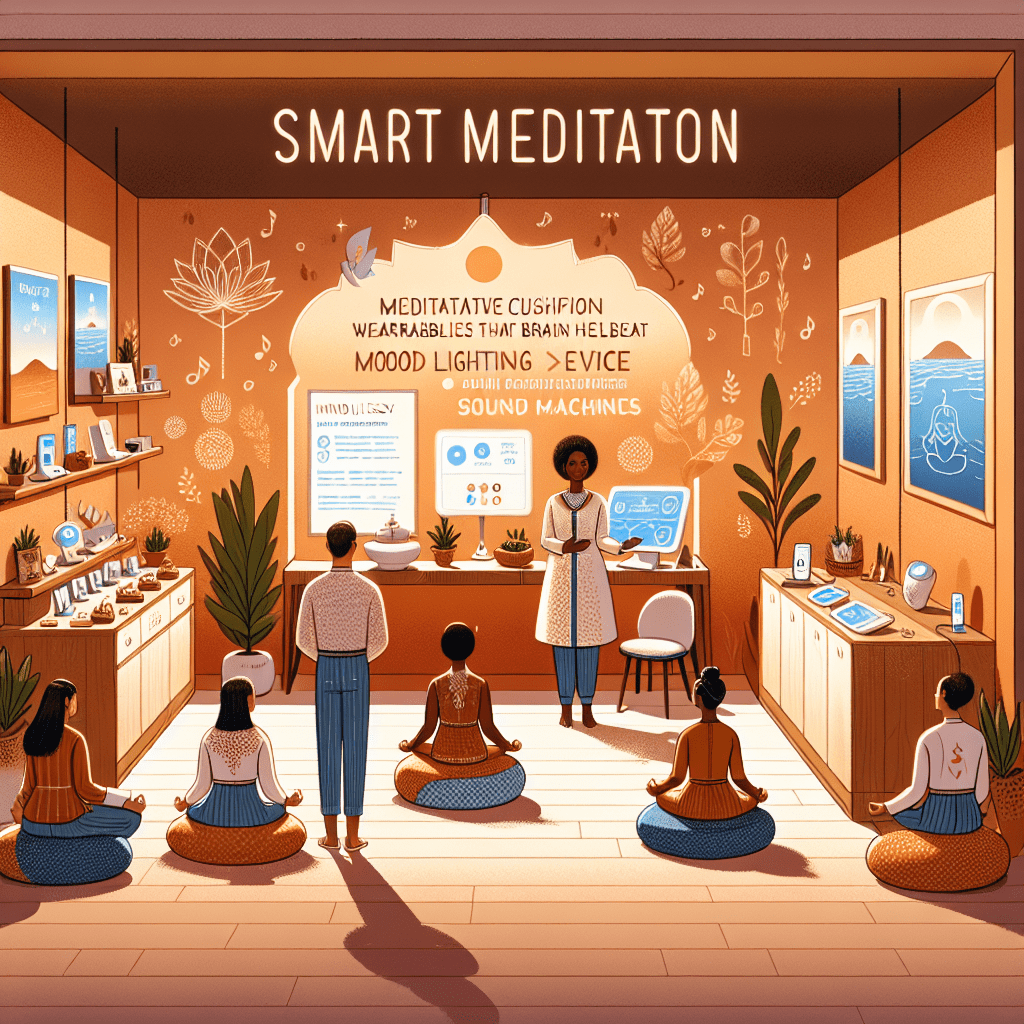
Prioritize your mental well-being daily. Enhance your life by nurturing your mental health with the Smart Meditation app. Break free from stress, alleviate anxiety, and enhance your sleep quality starting today.
Can Oats Cause Anxiety?
The Surprising Connection Between Oats and Anxiety
In our modern, frenzied world, it’s not uncommon to hear folks chatting about feeling anxious or stressed out. Now, amidst the whirlwind of dietary dos and don’ts, a peculiar question pops up: Can oats, those humble, heart-healthy grains, really be a culprit behind anxiety? It’s time to sift through the facts and myths, delve a bit deeper, and uncover the truth about oats and their impact on our mental well-being.
The Nutritional Nitty-Gritty of Oats
First off, let’s lay down the basics. Oats are a powerhouse of nutrients, packed to the brim with fiber (hello, soluble fiber called beta-glucan!), proteins, vitamins, and minerals. They are renowned for their benefits – from managing blood sugar levels, improving digestive health, to even potentially lowering cholesterol. However, when it comes to the intersection of diet and mental health, the waters get murkier.
The Oats-Anxiety Conundrum: Unpacking the Evidence
The idea that oats could trigger anxiety might seem a tad far-fetched at first glance. But hold your horses! There’s more to it than meets the eye. The connection hinges on two main considerations: the glycemic index (GI) of oats and their gluten content.
-
Glycemic Index (GI): Most oats, especially the less processed ones like steel-cut or whole oat groats, have a low to moderate GI. This means they release sugar into the bloodstream gradually, providing a steady energy supply and preventing blood sugar spikes. However, instant oats or oats cookies (often laden with sugar) can cause a rapid rise and fall in blood sugar levels, potentially leading to mood swings or even anxiety in sensitive individuals.
-
Gluten Sensitivity: Here’s where it gets a tad tricky. Oats are naturally gluten-free. However, due to cross-contamination during processing, they can end up containing gluten. For those with celiac disease or non-celiac gluten sensitivity, consuming contaminated oats could trigger a range of symptoms, including heightened anxiety.
Is Your Bowl of Oats Causing You Anxiety?
Alright, let’s break it down. For the majority, oats are a fantastic addition to a balanced, nutritious diet, unlikely to stir up any anxiety-inducing storms. But, as with any good tale, there are exceptions: For folks with gluten sensitivity, steering clear of oats that aren’t certified gluten-free might be a wise move. If you’re particularly sensitive to blood sugar changes, opting for less processed oats and pairing them with a good protein source could help keep any potential mood disturbances at bay.
Remember, personal nutrition can be as unique as a fingerprint. If you suspect your diet might be playing puppeteer with your mood strings, chatting with a healthcare provider or a nutrition expert could help you unravel the dietary threads tied to your anxiety.
Wrapping It Up with a Neat Little Bow
In the grand scheme of things, oats are less likely to be anxiety’s henchmen and more likely to be knights in shining armor for your overall health. But just like in any epic tale, there are nuances and twists. Keeping an eye on how your body and mind respond to different foods, oats included, is key to navigating the complex world of nutrition and mental health. So, next time you’re about to dive into that steaming bowl of oatmeal, remember, it’s not just about the oats; it’s about finding what works best for you.





